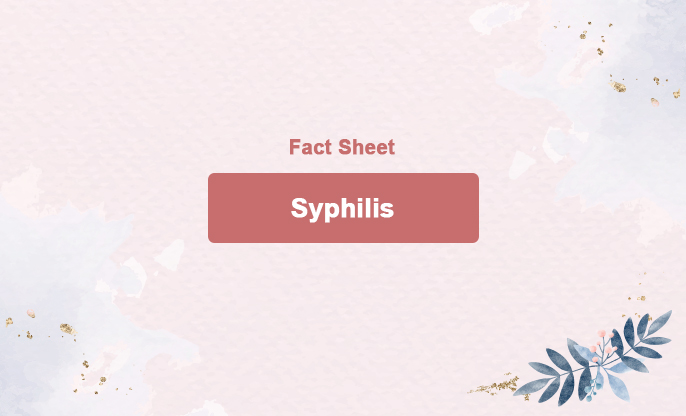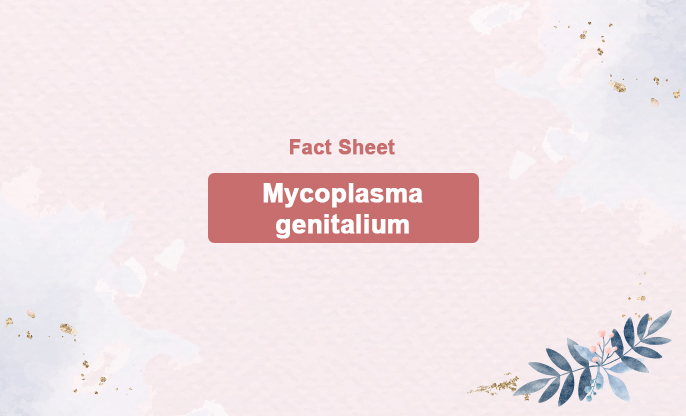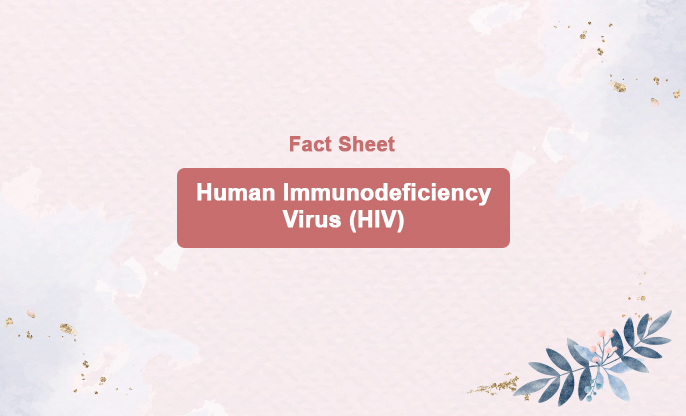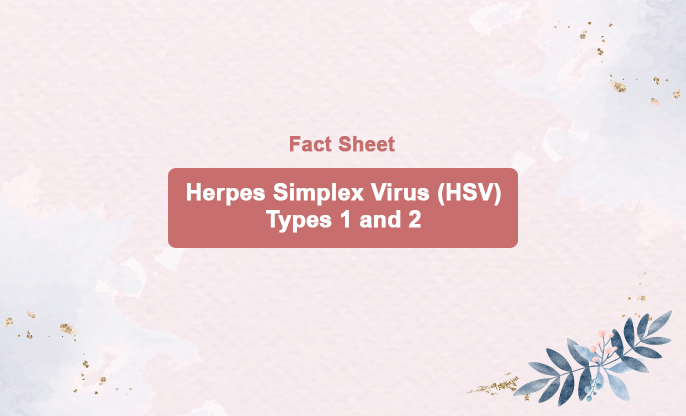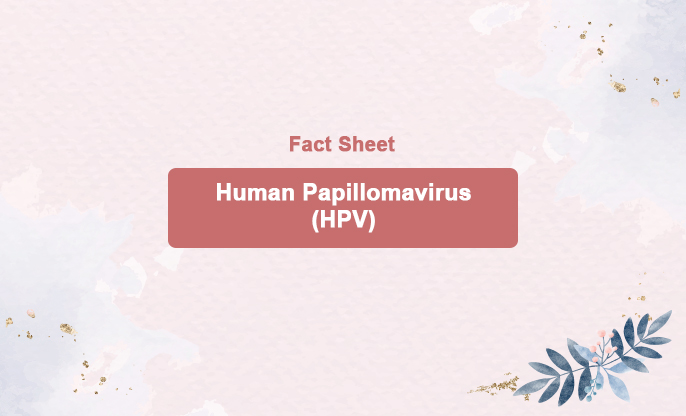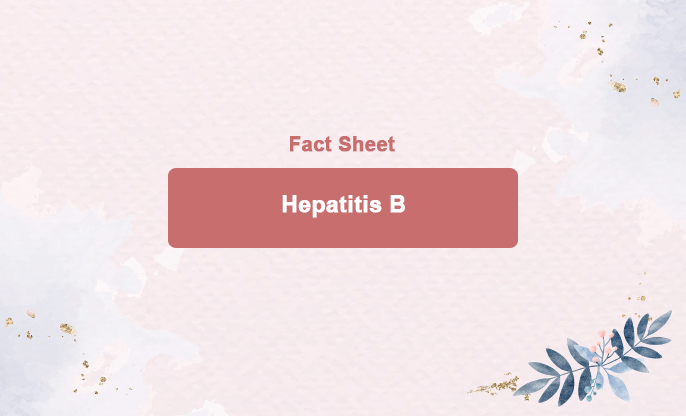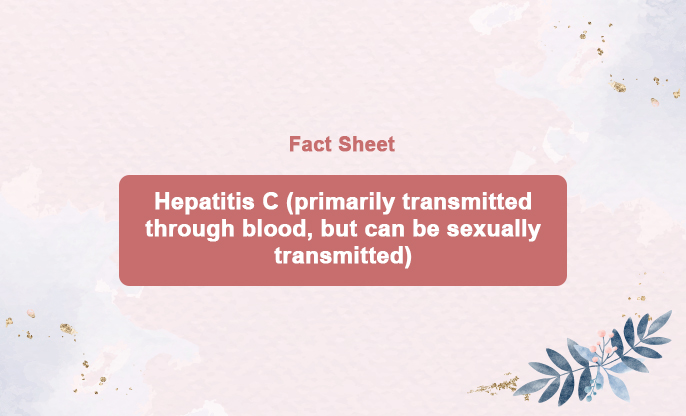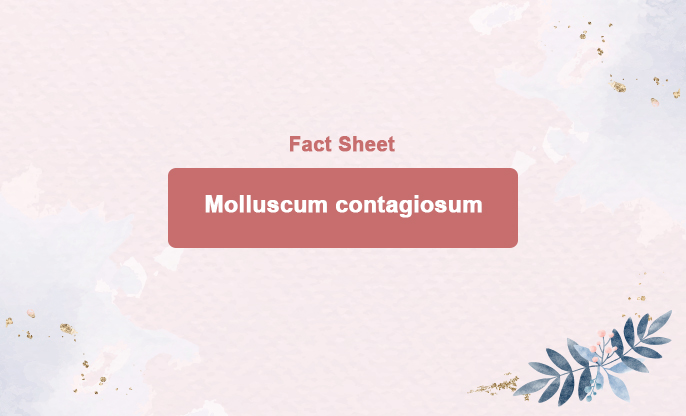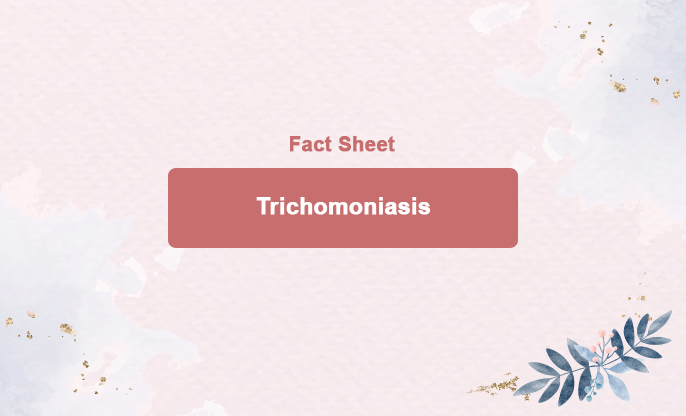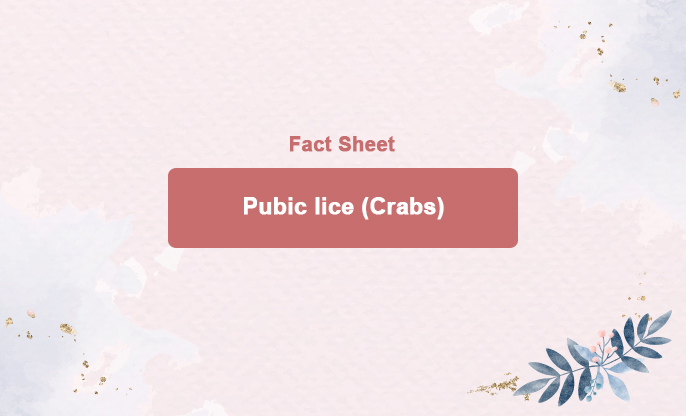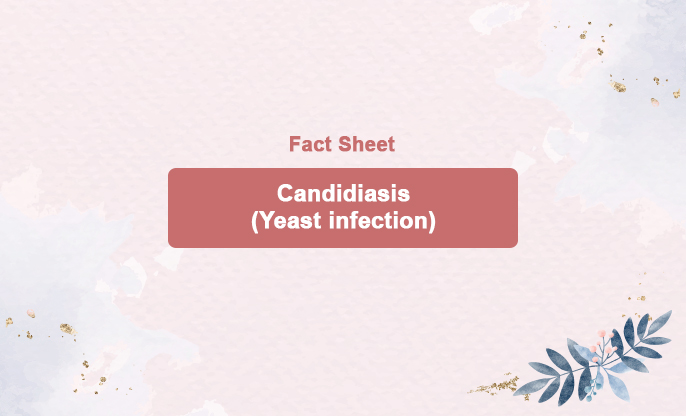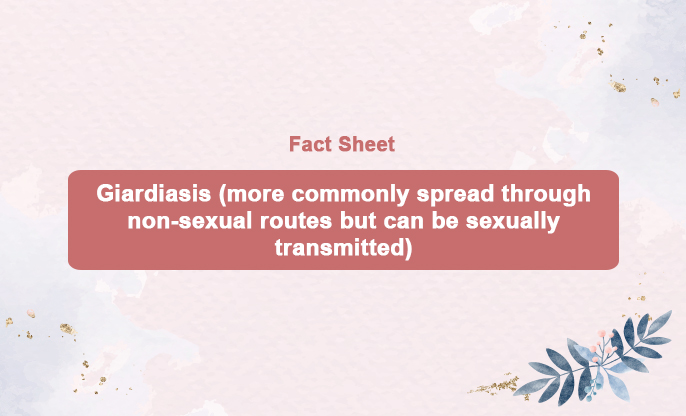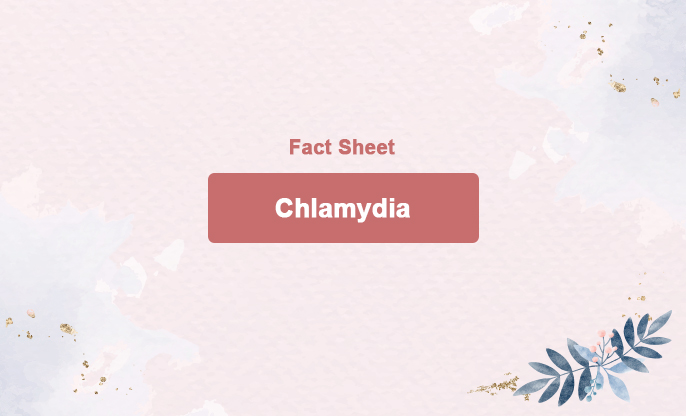
What is this?
Chlamydia is a common sexually transmitted infection (STI) that affects both men and women. In women, it can cause permanent damage to the reproductive system, leading to difficulties or even the inability to become pregnant in the future. Additionally, chlamydia can result in a potentially fatal ectopic pregnancy, where the pregnancy develops outside the womb.
Chlamydia often presents no symptoms, yet it can still lead to serious health issues. When symptoms do occur, they may not become evident until several weeks after sexual contact with an infected partner.
Symptoms of Chlamydia in Women
Abnormal vaginal discharge, which may be yellow and have a strong smell
Painful urination
Pain during intercourse
Bleeding between periods or after sex
Lower abdominal pain
Rectal pain, discharge, or bleeding (if rectal infection is present)
Symptoms of Chlamydia in Men
Discharge from the penis, which may be cloudy or clear
Painful urination
Burning or itching around the opening of the penis
Pain and swelling in one or both testicles (less common)
Rectal pain, discharge, or bleeding (if rectal infection is present)
General Symptoms
Eye infection (conjunctivitis) if the bacteria come into contact with the eyes
Sore throat (pharyngitis) if infected through oral sex
How is it transmitted?
Chlamydia can be transmitted through vaginal, anal, or oral sex without a condom with an infected person. Additionally, a pregnant individual with chlamydia can pass the infection to their baby during childbirth.
Standard treatment protocol and time:
Antibiotics:
Azithromycin: A single dose of 1 gram (1000 mg) taken orally.
Doxycycline: 100 mg taken orally twice a day for 7 days.
Alternative Antibiotics (if allergic to the above or for specific cases):
Erythromycin: 500 mg taken orally four times a day for 7 days.
Levofloxacin: 500 mg taken orally once a day for 7 days.
Ofloxacin: 300 mg taken orally twice a day for 7 days.
Time for Treatment
Symptom Relief: Symptoms generally start to improve within a few days of starting treatment.
Full Recovery: It is essential to complete the entire course of antibiotics even if symptoms disappear sooner to ensure the infection is fully eradicated.
Re-testing: Follow-up testing is recommended after three months to ensure the infection has been cleared, especially if there is a concern about reinfection or persistent symptoms.
Important Considerations
Sexual Activity: Avoid sexual intercourse until the completion of the antibiotic course and confirmation that the infection has cleared to prevent spreading the infection to others.
Partner Notification and Treatment: Sexual partners should be notified, tested, and treated if necessary to prevent reinfection and further spread of chlamydia.
Testing for Other STIs: It's advisable to test for other sexually transmitted infections (STIs), as co-infection can occur.
How to avoid it?
Always use a condom for vaginal or anal sex.
Use a condom to cover the penis during oral sex.
Use a dam (a thin, soft piece of plastic or latex) to cover the female genitals during oral sex or when rubbing female genitals together.
Avoid having multiple sexual partners.

